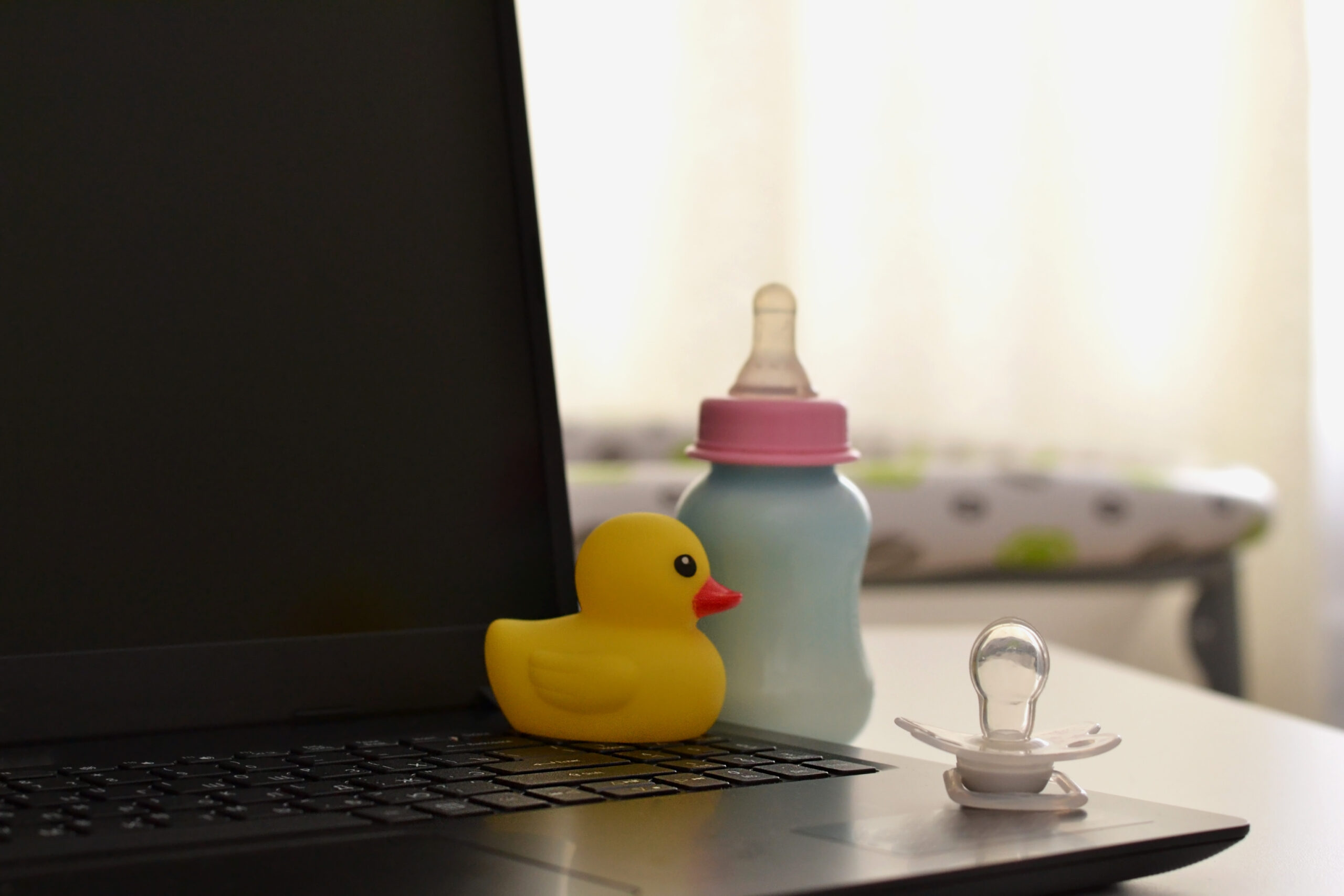Paid Prenatal Care and Lactation Breaks to Go into Effect in New York State
By Jill Kahn Marshall and Anna Beckelman
With the passage of its most recent budget bill in April 2024, New York became the first state in the nation to require employers to provide paid leave specifically for prenatal care, separate from other paid sick leave requirements. Additionally, New York will now require employers to provide employees with paid lactation breaks, as opposed to the unpaid breaks for expression of breast milk that state law has required since 2007.
Effective June 19, 2024, New York Labor Law § 206-c now requires employers to provide employees with 30 minutes of paid break time to express breast milk daily for up to three years following the birth of their child. Furthermore, this law permits employees to use other pre-existing paid break or meal times to supplement the 30 minutes. The paid 30 minutes does not have to run consecutively, and employers must reasonably accommodate their employees whenever they need to take breaks to express breast milk. The new law does not indicate how many daily lactation breaks would be considered reasonable, but previous guidance from the New York Department of Labor indicated that employees could take a break at least once every three hours to pump breast milk, and that employers “must accommodate [employees] if [they] need more frequent breaks.” Guidance regarding the new law simply states that “[t]he number of paid breaks an employee will need is unique to each employee.” Employers are also prohibited from requiring employees to work extra time to make up for the paid time allotted to express breast milk.
The paid prenatal care leave requirement will go into effect on January 1, 2025, under New York Labor Law § 196-b(4-a), which will require employers to provide 20 hours of paid prenatal personal leave during any 52-week calendar period. “Paid prenatal personal leave” is defined by the statute as “leave taken for the health care services received by an employee during their pregnancy or related to such pregnancy, including physical examinations, medical procedures, monitoring and testing, and discussions with a health care provider related to the pregnancy. The statute indicates that prenatal personal leave can be taken in hourly increments. As written, the new law appears to apply only to pregnant employees themselves, and not to their spouses, domestic partners, or other family members.
These new workplace requirements for pregnant and lactating employees further solidify New York State’s reputation as one of the most employee-friendly states in the country. As New York is often a leader on these matters, we may begin to see these types of employee protections gain popularity throughout the rest of the country as well.
 This article is intended as a general discussion of these issues only and is not to be considered legal advice or relied upon. For more information, please contact RPJ Partner Jill Kahn Marshall, who counsels individuals and corporations in the areas of employment law, litigation and dispute resolution, and healthcare. Ms. Marshall is admitted to practice law in New York and Massachusetts, as well as the District Courts for Massachusetts and the Southern and Eastern Districts of New York.
This article is intended as a general discussion of these issues only and is not to be considered legal advice or relied upon. For more information, please contact RPJ Partner Jill Kahn Marshall, who counsels individuals and corporations in the areas of employment law, litigation and dispute resolution, and healthcare. Ms. Marshall is admitted to practice law in New York and Massachusetts, as well as the District Courts for Massachusetts and the Southern and Eastern Districts of New York.

